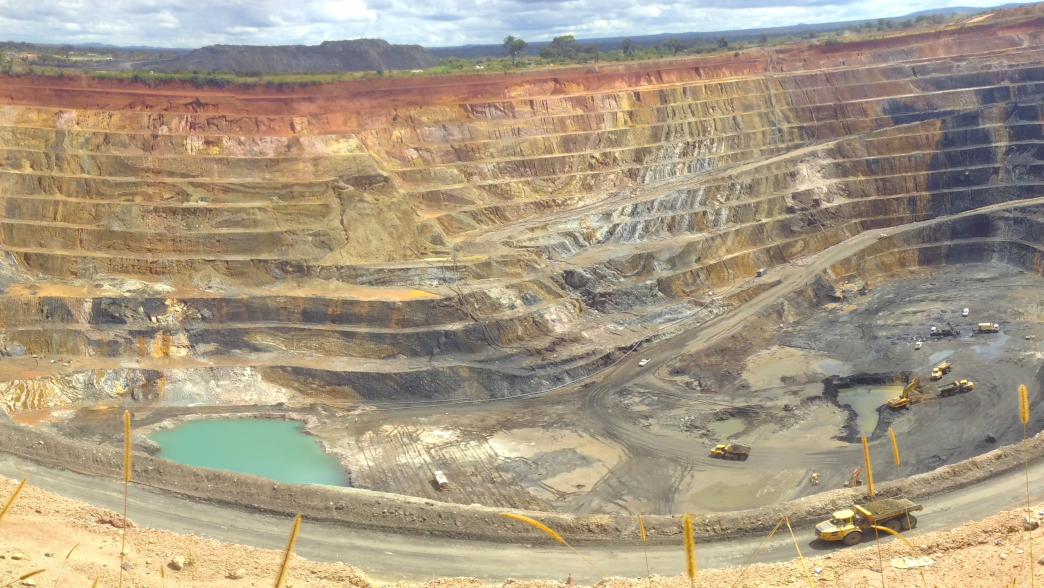
No Time to Waste: Governing Cobalt Amid the Energy Transition
Key messages:
- Poor governance is limiting the value of cobalt for mining countries. Mineral-rich countries such as the Democratic Republic of Congo (DRC) are not adequately leveraging cobalt, copper and other minerals and metals to improve the lives of citizens. Without a substantial change in approach, countries will miss the opportunities brought by demand for commodities needed for green technology.
- Cobalt’s role in the energy transition depends on better governance. Cobalt is currently a critical input to batteries for electric vehicles and energy storage, demand for which is rising as energy markets transition away from fossil fuels. However, known reserves of cobalt are limited predominantly to the DRC, which is a risky place to operate given its poor record on corruption, taxation, license security and the welfare of artisanal miners. These constraints may limit mining investment, and harm both the local environment and communities. Consequently, battery manufacturers are seeking to use less cobalt. By improving the security of supply and reducing the harms from mining, authorities in the DRC could lengthen cobalt’s future in the battery industry and strengthen the opportunity cobalt presents for the country.
- Improving governance does not require new or specialized policies. Most policy principles that apply to other metals also apply to cobalt. Governments and activists should urgently focus on strengthening transparency, accountability and the practical implementation of existing policy principles. The biggest challenge is the weak uptake of known good practices including around licensing, taxation and anticorruption.
- Some unique traits of the cobalt industry make it harder for governments to manage cobalt accountably. These include the immaturity of the market and increasingly integrated supply chains which make price reporting opaque. The intense geopolitical focus on cobalt supply will also test governments. Governments need extra support and resources to address these issues.
- Governments are focusing on adding value to their mineral production by developing processing and other downstream industries. While governments will likely derive most value from mining itself and related supplier activities, “value addition” may bring some ancillary benefits. To achieve their goals, governments require clear, consistent and credible policies. Most could also cooperate with neighboring states, since few countries can securely supply all battery minerals on their own.
Cobalt is critical. Along with other critical minerals, cobalt has important economic uses and currently few viable substitutes, yet its supply faces a high risk of disruption. Manufacturers of batteries for electric vehicles (EVs) want the metal. EV sales—and likewise, cobalt demand— could grow a lot more.
Yet, cobalt may not remain critical for decades to come. EV buyers, battery manufacturers and miners fear the high prices and disrupted supply, as well as human right abuses, environmental destruction, corruption, and political risk. As with other critical minerals, industries are seeking to use less of the metal. The time available for the Democratic Republic of Congo (DRC) and other countries to benefit from mining the metal may be short-lived.
Good governance is therefore important both for people in mining countries and for humanity to meet the Paris Climate Agreement. This report aims to help governments and their advisors in mining countries, such as the DRC, derive value from mining cobalt, develop industry along the battery-supply chains and address a host of problems from human rights abuses to corruption.
The report is also for policy-makers working to ensure that the world delivers enough cobalt in time for the global energy transition.
NRGI's David Manley and Hervé Lado also spoke about environmental and social challenges around the mining of cobalt in the DRC in a podcast produced by the Kleinman Center for Energy Policy at the University of Pennsylvania:



